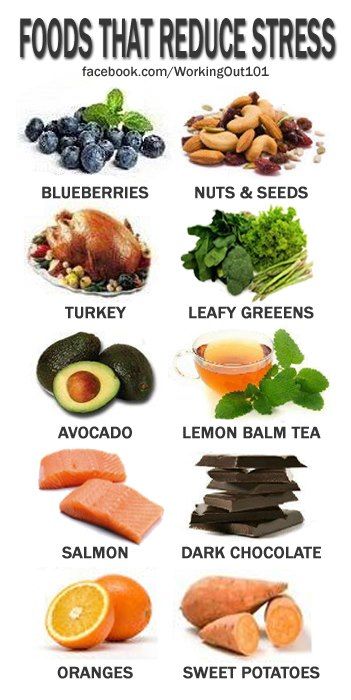Completion requirements
View
Recent studies suggest that prevention efforts focussing on diet, exercise and other lifestyle changes can result in drastically reducing chronic stress and illness. It goes without saying that the costs to South Africans both at the personal, corporate and national level are enormous.
Poor eating habits can contribute to stress and serve as a stressor. Good nutrition serves to protect you against stress and stress-related illnesses. Eating well and obtaining enough exercise also have many other advantages amongst others raising the level of your self-esteem. As we will later see low self-esteem is linked to stress.

Below follow some dietary guidelines:
- Avoid additives such as sugar, salt, caffeine and processed foods. Most of these additives can disturb your sleep and leave you irritable and grumpy the following day.
- Whenever possible, eat lean meats, chicken and fish.
- Eat a variety of foods including complex carbohydrates such as fruits, vegetables, bread, rice, pasta and cereals.
- Take adequate calcium. However, do not exceed 2500 mg daily.
- It is important to keep your blood sugar levels constant during the day. Do not skip meals. At the very least eat three meals a day. Dieticians are telling us that you can reduce fatigue and irritability (while facilitating weight loss) by eating five or six meals a day. Meals can be taken mid-morning and mid-afternoon and can include sandwich, yogurt or fruit.
- Try to eliminate sweets which leads to sugar fluctuations.
- Maintain an adequate weight.
- Drink lots of water.